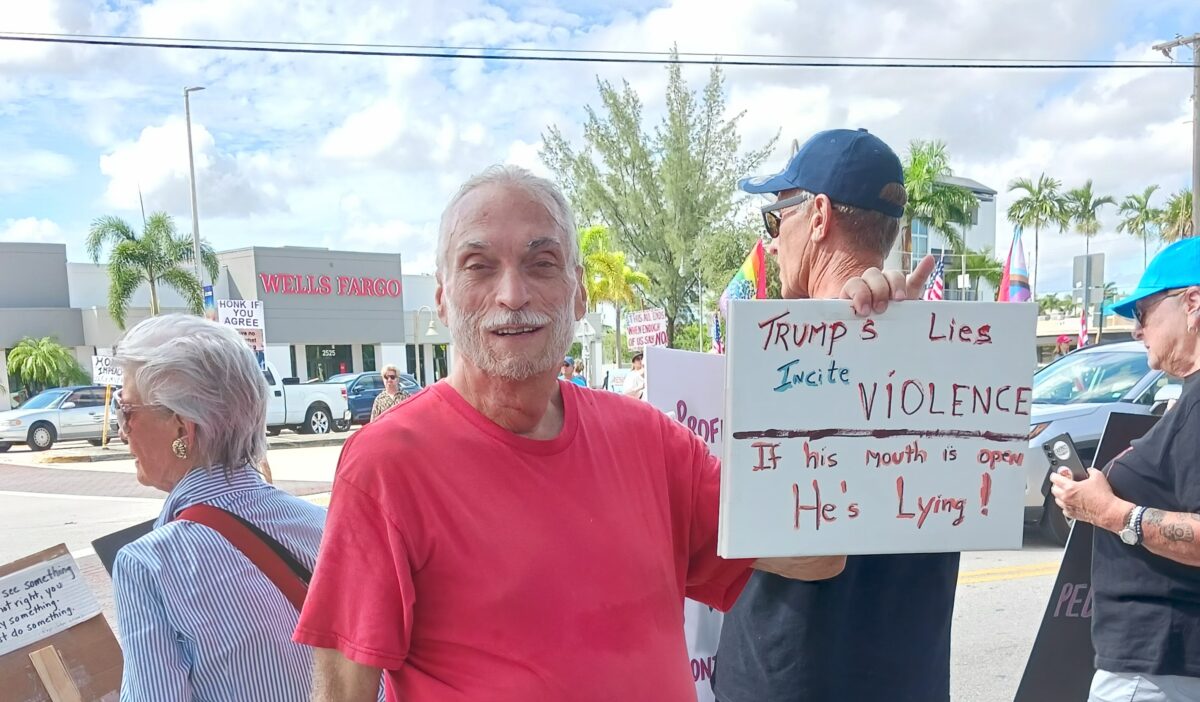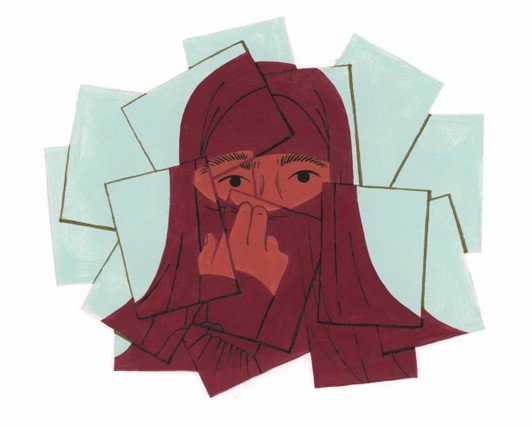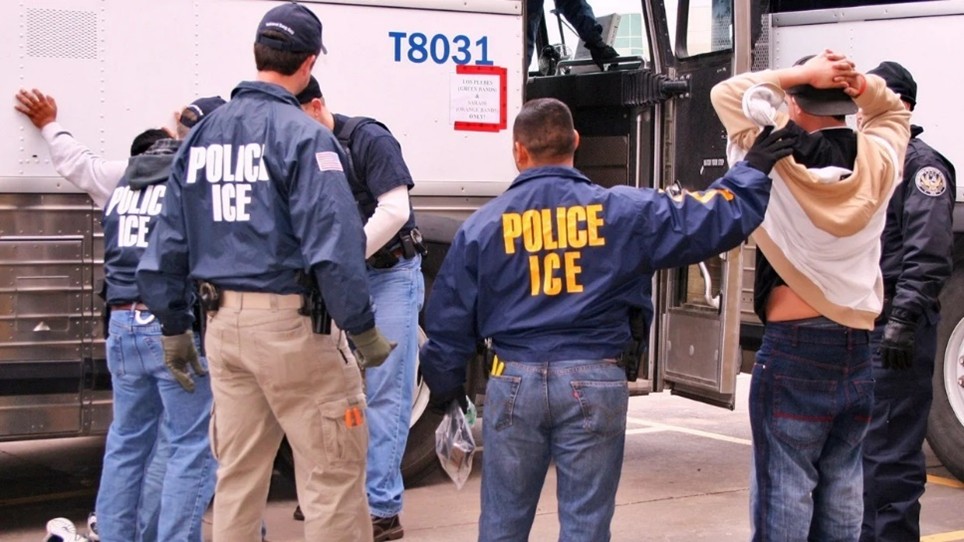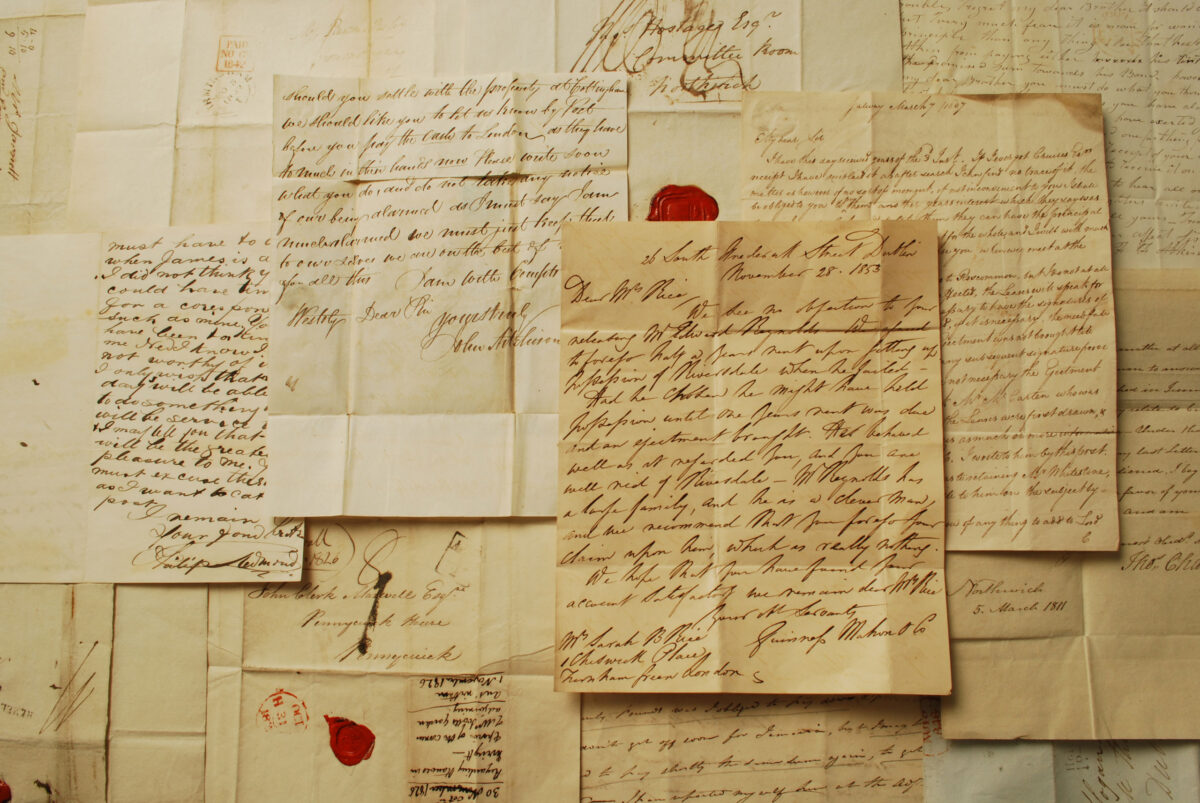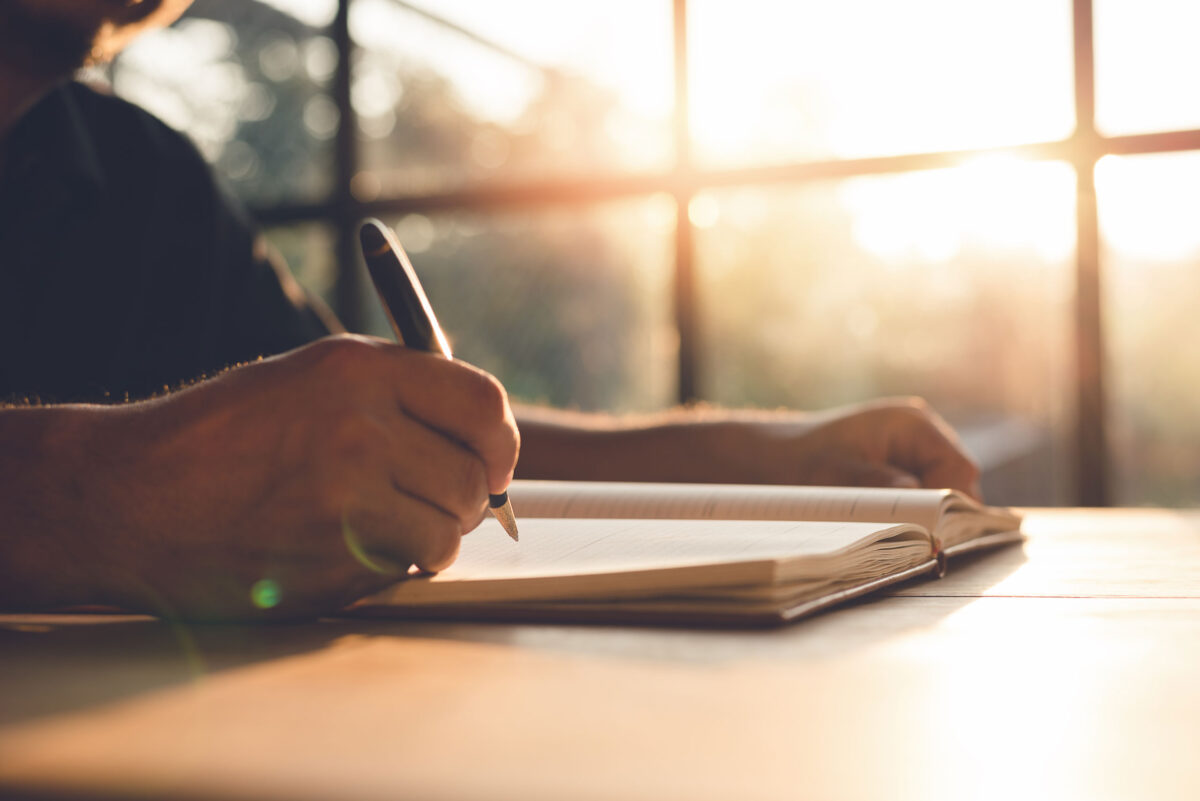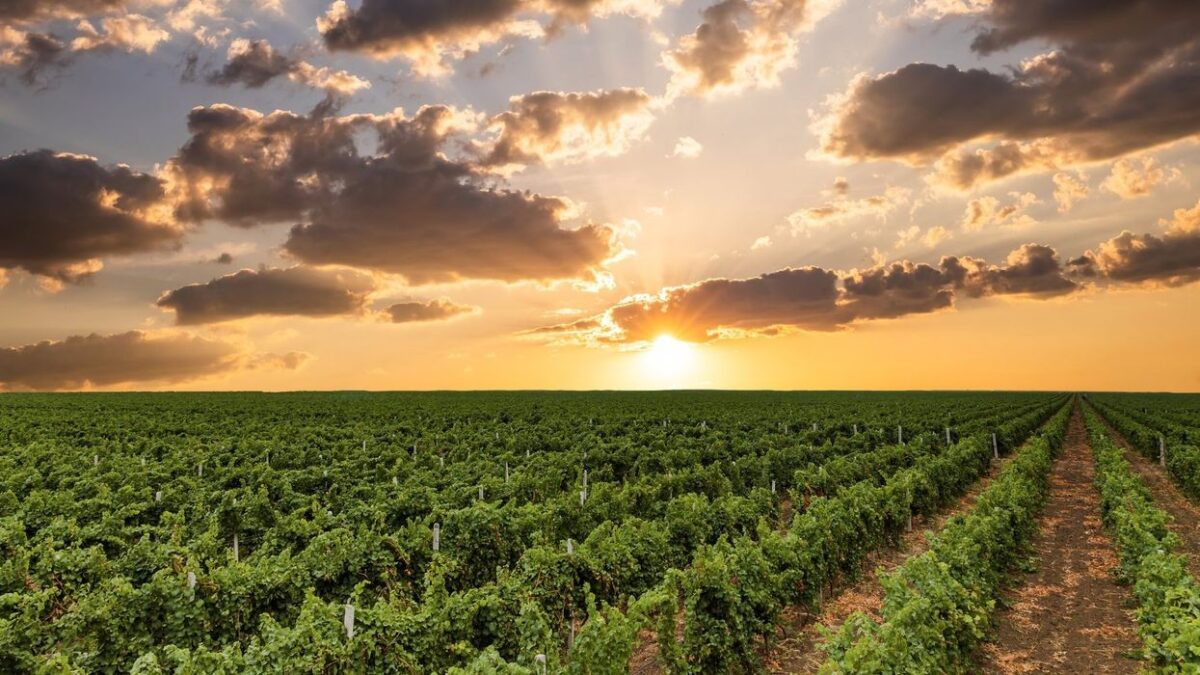I love our country. I served as a Peace Corps Volunteer in Africa in the 1970s. I served as a Foreign Service Officer (diplomat) for the State Department in assignments in the United Arab Emirates, Syria, Morocco, Lebanon, and Canada in the 1980s and 1990s. Because of that love and my sense of service to this country, I have now become an anti-government rebel. I take to the streets every weekend to protest the cruel and incompetent actions of the Trump administration. I don’t even recognize my country now. A government that is sloppy in rounding up supposed immigrants and entrapping American citizens in dark vans that transport them to hidden locations by masked men is not one I can honor today. A country that targets people because they “look like immigrants” is not one I can serve today.
A Soul Set Free
The lines of Iranians formed early every day. Often they came straight from the airport. They would line up outside the American consulate in the United Arab Emirates, hoping to make it under the cutoff. I was serving as the vice-consul in Dubai, just across the Persian Gulf from Iran, and it was my responsibility to manage the visa section. Most days I told Mahmud to stop the line at 200 applicants, but that day I had to make a prison visit, so I told him to make the cutoff 100. I knew how heartbreaking it was when he stopped the 201st person in line and said to come back another day. They lined up with such dreams of escaping in their head.
A Cruel Season at the Bus Stop
The poem you’re about to read is not a quiet reflection—it’s a flare shot into the night. It emerges from a moment when the boundaries between surveillance and censorship feel increasingly porous, and when the act of reading itself can be seen as resistance. The poet draws a chilling parallel between masked agents detaining immigrants and the quiet erasure of books from our schools and libraries. Both, he argues, are expressions of unchecked power—one overt, the other insidious.
Between The Dry Dune and the Clustered Leaf
In the scarred cheeks of an African tribe,
Flashing to the rhythms of a goatskin drum,
Far from America, I learned to listen to the dead alive:
The fathers of my father whispering to their son.
Even With Limited Energy, I Resist
Each of us follows a unique destiny, even as we know we will each wind up dead one day. Some people afflicted with a life-ending disease keep it to themselves. They would rather soldier on as though everything were normal.
Better To Die At Home
So many owner-less animals,
They forage among broken bricks.
Were they soldiers’ pets at the base?
Are those troops still fighting or laid
Up in a hospital where doctors fix
Bones or are they already decayed?
Reflections – July 1, 2025
July 1, 2020. No one forgets the day they first hear “You have cancer.” You wonder immediately how quickly it will kill you, or if you will get more time. In my case, it’s five years later.
Poetry, Democracy, and the Vineyard of Renewal
At the moment of veraison*
We don’t yet know how sour
Is the fruit. A far Trumped tower
Makes the grapes appear appetizing.
They turn crimson, then black.
What My Albatross Steals
Storms are a delight for my albatross.
This diver sails giddy on gusts, soaring over volcanoes
Threatening to erupt, unspooling lava fields
That shimmer, black, like polished glass.
The Wounded Gazelle Look
After you depart, I act on your request:
To a mountaintop or to the Ganges.
To seek a Somewhere for ashes to scatter.
A sacred campaign to Varanasi, I voyage.

